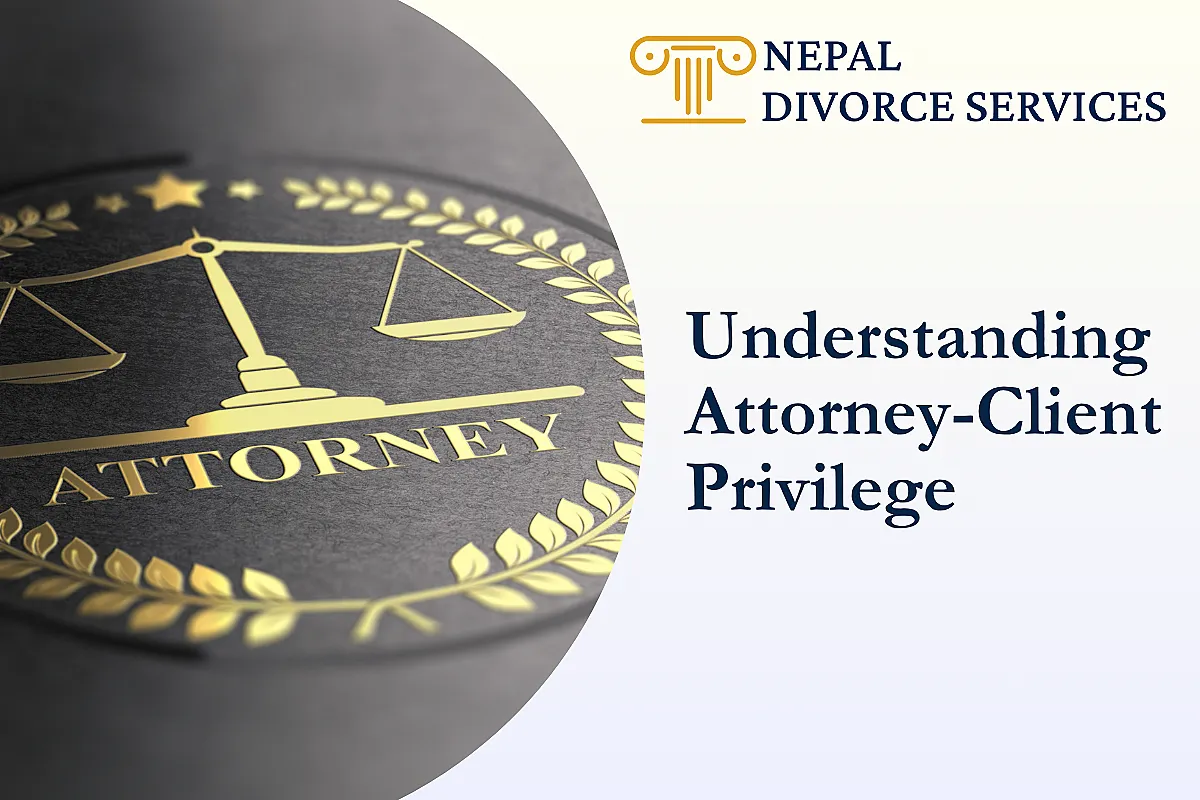Imagine sharing your deepest secrets with someone, only to find out that they could share those secrets with anyone! Scary, right? That's why attorney-client privilege is a game changer in the legal world! This fundamental concept ensures that your conversations with your lawyer remain confidential. Let’s dive into what this privilege means, why it’s vital, and the few exceptions you should be aware of.
What Is Attorney-Client Privilege?
At its core, attorney-client privilege is a legal shield that protects the confidentiality of communications between you and your lawyer. Every conversation, email, or message you share during your legal representation is protected, allowing you to be completely candid without fearing that your private information will be disclosed to outsiders. This privilege encourages transparency, enabling lawyers to provide you with the best possible representation!
Why Does It Matter?
The main goal of attorney-client privilege is to foster open communication. When you know your information is safe, you’re more likely to share critical details that can significantly impact your case. Whether you’re facing a criminal charge, going through a divorce, or navigating a business dispute, this privilege empowers you to confide in your attorney fully.
Exceptions to the Rule
While attorney-client privilege is robust, it’s not absolute. Here are some important exceptions you should know:
- Waiver: If you voluntarily share privileged information with someone outside the attorney-client relationship, you may lose that protection. So, keep sensitive details between you and your lawyer!
- Crime or Fraud Exception: If your attorney learns that you intend to commit a crime or fraud, they may have a duty to report it. This means honesty is the best policy!
- Public Safety Exception: Should your attorney believe that you pose a risk to others, they might be compelled to disclose that information to prevent harm. Safety first!
- Co-Client Exception: If multiple clients share the same attorney, communications between those clients aren’t protected. Ensure you’re clear on confidentiality when working in shared spaces!
- Future Harm Exception: If you plan to cause future harm, your attorney may need to disclose this information to avert danger. Your attorney’s role is to protect others too!
Conclusion
Understanding attorney-client privilege is crucial for anyone seeking legal representation. While this privilege allows for open dialogue between you and your attorney, knowing the exceptions can help you navigate your conversations wisely. By being aware of these nuances, you can approach your legal matters with confidence, knowing that your information will remain confidential—unless you choose otherwise!
At the end of the day, your relationship with your lawyer should be built on trust. So, feel free to share your concerns and questions! The better the communication, the better the representation!

